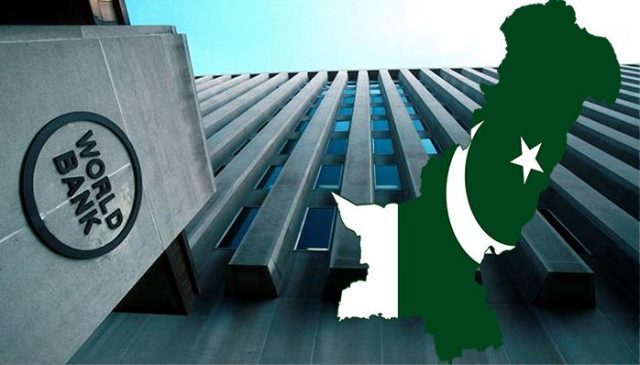The World Bank has urged Pakistan to establish a permanent Debt and Risk Management Committee (DRMC) to streamline debt management and mitigate fiscal risks.
According to a news report, the committee would report directly to Parliament, ensuring transparency and accountability in decisions related to loans and borrowings. During a recent meeting of the Revenue Mobilisation, Investment, and Trade Programme (REMIT), chaired by the finance minister, the need for such a committee was emphasized.
The initiative is part of a broader effort to address the fragmentation in Pakistan’s debt management system, where various ministries and the central bank handle debt separately, often resulting in inefficiencies and lack of coordination.
Currently, Pakistan’s debt management suffers from fragmentation, with external and domestic debts recorded by separate entities. Loans from the IMF, the UAE, Kuwait, and a $4.5 billion Chinese trade finance facility are booked under the central bank’s external debt obligations, further complicating oversight.
Within the finance ministry, coordination between the external finance wing and the Debt Management Office is often inadequate, underscoring the need for a unified approach.
The World Bank has proposed that the DRMC oversee borrowing practices to ensure they align with macroeconomic policies and fiscal needs. It would also play a critical role in reducing risks by assessing and mitigating debt-related fiscal challenges.
The committee is expected to promote sustainable borrowing practices, ensuring that loans meet the government’s financing needs while maintaining optimal costs.
The World Bank’s proposal highlights the importance of developing a comprehensive debt strategy. This includes regular assessments of debt sustainability, establishing a central debt data repository, and enhancing transparency through periodic audits.
The committee would also address debt-related fiscal risks, such as loan guarantees and on-lending while ensuring compliance with sound debt management practices.
The DRMC would include representatives from key institutions, such as the Finance Division, Ethe conomic Affairs Division, the State Bank of Pakistan, and the Debt Management Office.
It would be co-chaired by the secretaries of the Finance and Economic Affairs Divisions, with quarterly and ad-hoc meetings proposed to address significant economic shifts.
Pakistan’s public debt has risen to over Rs71 trillion, equivalent to 67% of the country’s GDP. The World Bank’s latest Country Partnership Framework (2025–2035), which outlines $20 billion in potential funding, emphasizes the importance of strengthening debt management functions to reduce costs and risks.























